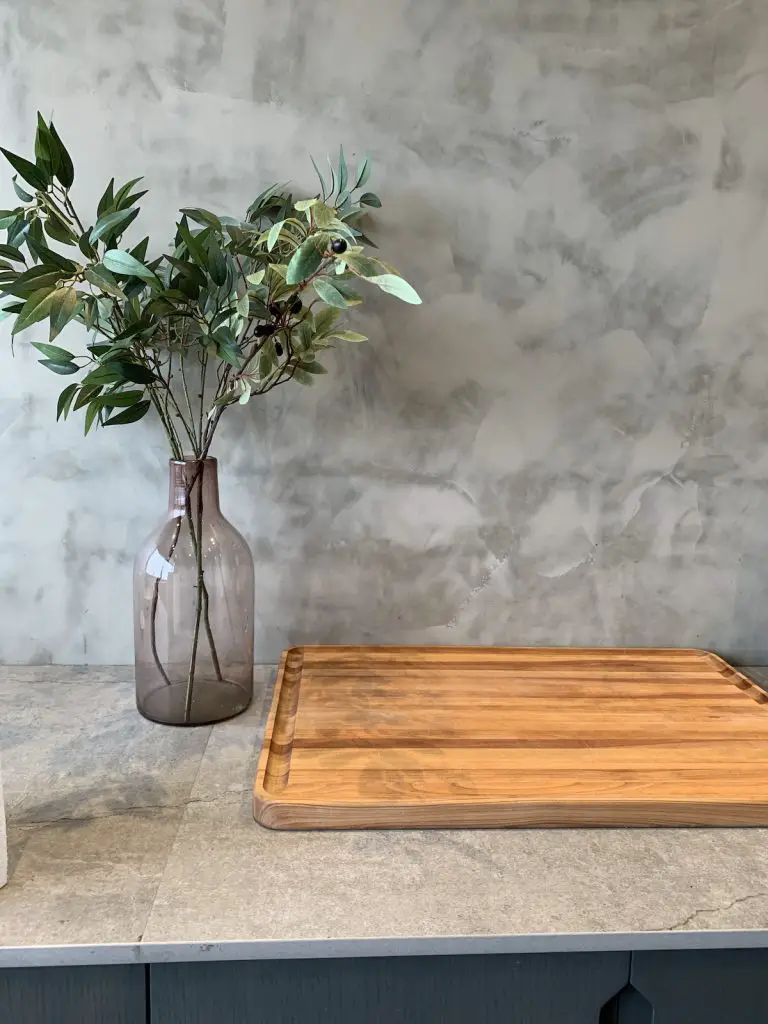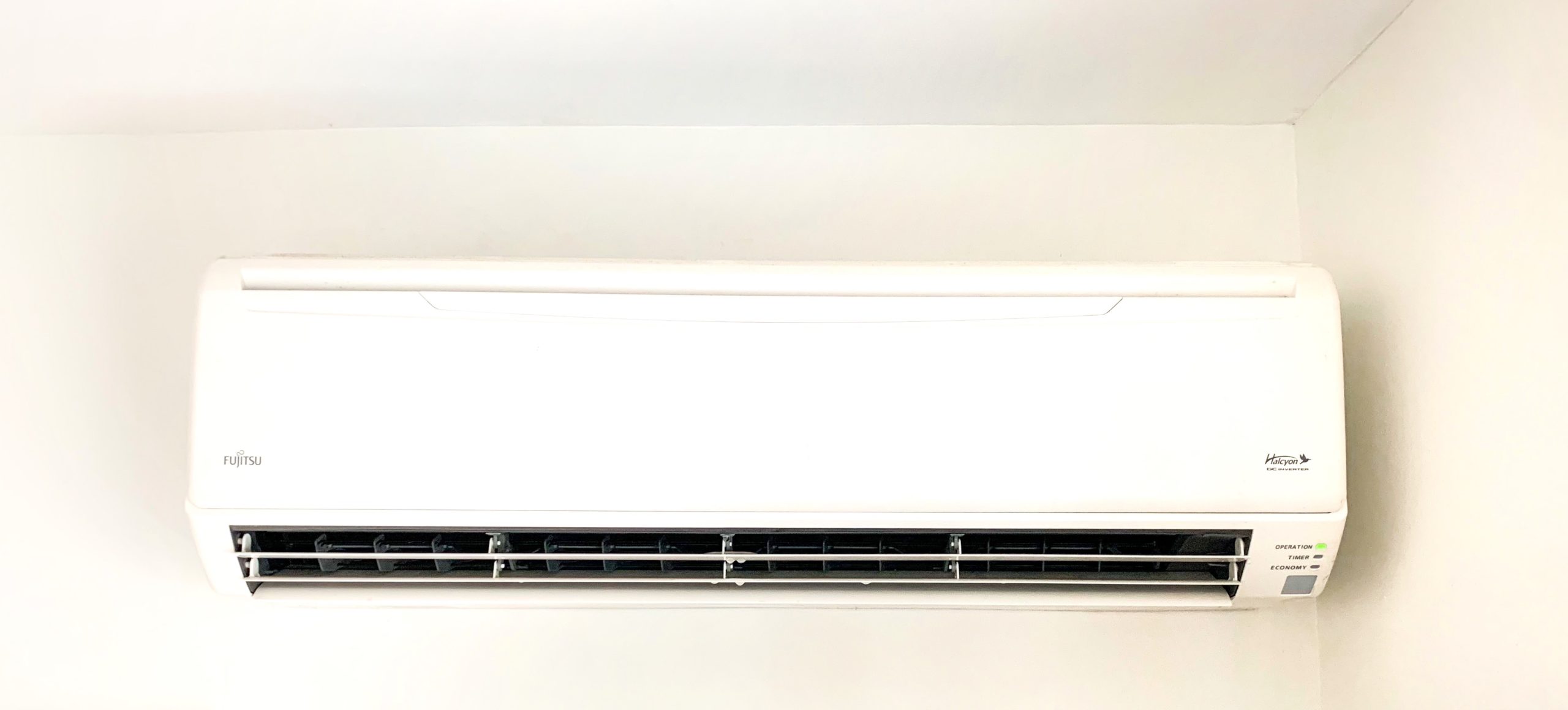How to Get Around Owner Occupancy (Hint: Don’t.)
This post may contain affiliate links. If you purchase a product through one of them, we will receive a commission at no additional cost to you. As Amazon Associates, we earn from qualifying purchases.
Want to know how to get around owner occupancy rules?
Here’s the short answer: don’t.
Say what???
Let’s back up.
First of all, what is an owner occupancy rule? It’s a clause found in some mortgages which require a borrower(s) to inhabit their property for a specific amount of time. Check out this article from Rocket Mortgage to understand the details.
Owner occupying is advantageous for reasons like lower money down requirements or even bidding opportunities. For example, we had an advantage in our FHA 203k HUD Home as owner occupants because bidding opened up to us before it opened up to just anyone.
Oh, and a disclaimer: this post is super-opinionated. Jersey girl ain’t got patience for certain things, and fraud is one of them. If you’re looking for someone to help you convince yourself that you can “get around” owner occupancy, look elsewhere.
This post is about holding your head high as an ethical and honest real estate investor. You might not discover how to fully get around owner occupancy laws here, but I will offer some insight for you to work with it instead.
How to Get Around Owner Occupancy – The Hard Truth
Listen up.
And I’m not talking here to the people who truthfully intend on owner-occupying, and then for reasons such as family, work, military, or other unforeseen circumstances can’t uphold their end of a bargain. That’s different.
I’m talking about the people who took a “no-money-down” crash course in real estate investing and want to swindle a bank with an FHA loan into thinking they’re owner occupying a home while they truly aren’t.
Just stop it.
Owner occupant loans were created for a reason – most notably to strengthen neighborhoods.
Intentionally lying about your owner occupant status is simply immoral and wrong. You know how people say, “Oh, God forbid that xyz happens!” Well, guess what? God forbade exactly 10 things. Lying was one of them.
Don’t lie.
Especially on a mortgage.
If your contract says you’re supposed to owner occupy, then do it. It’s probably only for a set amount of time, like six months or a year. You honestly can’t make that happen?
Sure, it’s tempting. Have your mail delivered there, but also… have it delivered somewhere else.
“No one’s really going to check!”
True. But also… they might.
Don’t forget about neighbors. Neighbors know. They may not tattle-tale to your lender… but they know.
Happily, there are ways to work with owner occupancy laws to leverage your real estate prowess while still playing nice in the mortgage sandbox. Let’s explore.

How to Get Around Fha Owner Occupancy – 3 Options
House Hacking
As noted in this Investopedia article, it is totally possible to possess an income property while owner-occupying: “A savvy investor in a hot rental market sometimes earns enough income using this method to live in the home for free.”
You can buy and occupy a 2-4 unit property. It’s not sexy, but it’s a powerful way to jumpstart wealth building– especially if you’re starting from scratch.
Instead of putting yourself on the hook for your entire mortgage, get a renter and you’ll be on the hook for half – or less – of the expenses.
One Year Only
You could also just deal with it for one year.
Investopedia points out: “If your job requires you to relocate, or if your home becomes too small for your growing family, you may rent out your first home after purchasing a second one if you have met the one-year residency requirement.”
Hear that? One year. Not that long in the lifespan of home ownership.
Refinance
You could also get creative and refinance out of FHA altogether, and then get yourself a regular 20% down conventional loan.
We did this – not to avoid owner occupancy, but to ditch PMI.
It worked out great! We renovated our property enough to increase its value so that we’d hit an 80% LTV. Boom – sweat equity paid for our 20% “down payment,” we got rid of PMI, and we also got government loans out of our lives. This only took 8 months.
Related: Is House Hacking Worth it?
Reasons You Should Owner Occupy, Even if You Don’t Want To
You’ll Become a Better Home Owner.
Particularly if this is your first deal, you’ll learn WAY MORE by living in your new home, no matter how miserable it is, than if you just visit it to sweep the front stoop.
Will you rough it? Possibly.
We spent our first two weeks in our home washing dishes in the bathtub because our foreclosure had no functional kitchen sinks. (Here are 10 things to know about buying a foreclosure home.).
Happily, nobody died as a result.
You’ll Get To Know Your House.
And, along with it – its leaking pipes, the birds that live in the bathroom vent, the creak in the basement stairs, and the sunlight patterns illuminating each room which will inform your design choices.
Live in the property for a while – your knowledge of it will increase tenfold, ten times faster, than if you didn’t.
You’ll Get To Know the Neighborhood.
You’ll come to understand flooding patterns, the sanitation department’s habits, and your neighbors. All of these things and more will help you later on should you plan to rent out the property.
This will help you respect your future tenants, the people to whom you provide a service. You’ll gather working knowledge of the product you intend on renting out.
And yes– these are all important, even if you plan to hire a property manager in the long run.
This is also advantageous info if you plan to continue investing in the same geographical area.
Multifamily Property? Good.
We humbly believe that if you’re going to be a powerhouse landlord, a great way to ditch the training wheels is to owner occupy a multifamily property.
Great news – your tenant lives next door. Bad news – your tenant lives next door. Check out more house hacking pros and cons.
Jump into the deep end and you’ll learn how to manage maintenance requests, late payments, renovations, and favorable/unfavorable personalities.
I’m not saying you ought to owner occupy forever – it’s not for everyone – but I am saying that this hands-on learning will provide invaluable experience for your future real estate investments.
If nothing else, you’ll come to understand that tenant choice is everything in renting out a property.
Everything.
What if You Don’t Owner Occupy, Even Though the Loan Requires It?
That’s called mortgage fraud.
Don’t do that.
Fraud would classify you as a clown.
Yes, I’m calling you names.
You know who else committed fraud, and look like clowns? Enron. Madoff. Shkreli.
Famous people… but good people? I think not.
Do the right thing, the first time. You’ll be better off in the long run.
Final Thoughts on How to Get Around Owner Occupancy
Owner occupancy can feel like a hurdle for a real estate investor. However, the savvy creative will find ways to work with these sorts of rules to his or her advantage.
Whether you buy a multifamily, stick with it for a year, or refinance out, you’ll be on your way to wealth building in no time.
And remember – fraud is bad! Keep yourself on the straight and narrow for long term success.
We’ll see you next time at Our Two Family!
You may also like:
- House Hacking Real Estate : 9 important questions to ask yourself
- Tenant Gift Basket Ideas to say, “Welcome!”
- How to Renovate a House While Living in It







